Historia presbiteriana

Cuatro siglos de culto y testimonio
El presbiterianismo surgió de la teología y las enseñanzas de reformadores protestantes como Juan Calvino. Sus escritos en la Ginebra del siglo XVI cristalizaron gran parte del pensamiento reformado que le precedió, incluido el énfasis en la gracia de Dios en Jesucristo y el gobierno eclesiástico por asambleas representativas llamadas presbiterios.
En los últimos cuatro siglos, el pueblo presbiteriano ha sido activo en todo el mundo, organizando el primer presbiterio en lo que se convertiría en Estados Unidos en 1706 y estableciendo más tarde escuelas como el colegio que es hoy la Universidad de Princeton. El Segundo Gran Despertar de las primeras décadas del siglo XIX configuró aún más la identidad de la iglesia, con la formación de congregaciones y el servicio del pueblo presbiteriano estadounidense en los campos de misión nacionales e internacionales. A principios del siglo XX se clarificó la visión de la iglesia con los Seis Grandes Fines de la Iglesia, que hacían hincapié en la proclamación del Evangelio, la comunión espiritual, la adoración, la preservación de la verdad, la justicia social y la exhibición del Reino de Dios.
La Iglesia Presbiteriana (EE. UU.) es la mayor denominación presbiteriana de Estados Unidos, formada en 1983 mediante la reunión de ramas que se habían separado en la época de la Guerra Civil. Como se expresa en una declaración de la iglesia de 1958, desde 1789 la Asamblea General ha afirmado "su responsabilidad de hablar sobre cuestiones sociales y morales para alentar e instruir a la iglesia y a sus personas miembro, procurando seriamente conocer la mente de Cristo y hablar siempre con humildad y amor".
En el siglo XX, la Iglesia comprometió tanto al pueblo presbiteriano como a la sociedad en general en una serie de cuestiones, entre las que destacaron la justicia para las mujeres, las personas afroamericanas, inmigrantes y LGBTQIA+ en Estados Unidos. La reorganización de la denominación y la disminución del número de personas miembro de la iglesia afectaron a la vida de la iglesia a principios del siglo XXI, con la IP (EE. UU.) buscando más formas de servir a toda la familia de Dios dentro y fuera del santuario, incluyendo nuevas comunidades de adoración y el alcance a las personas afectadas por el racismo sistémico y la pobreza.
Sociedad histórica presbiteriana

Organizada en 1852, la Presbyterian Historical Society es el archivo confesional más antiguo de Estados Unidos y actúa como archivo nacional de la Iglesia Presbiteriana (EE.UU.) y sus denominaciones predecesoras.
Infórmese sobre las oportunidades de investigación que ofrece PHS -en línea o en Filadelfia- y sobre cómo trabaja la sociedad para galvanizar el poder transformador de la historia en el PC(USA) y en la comunidad en general.


